
30 TikTok Screenshots That Left People Questioning Everything (New Pics)
Interview With ExpertThere seems to be no limit to what people are willing to share on the Internet. Past traumas, political views, medical concerns, and personal relationships are just a few things netizens frequently overshare about online. This can surely be a great way to vent out intense emotions and reduce stress. However, some take it to the extreme, posting about things that probably shouldn’t remain forever on the internet.
Those who specifically overshare their unhinged thoughts and experiences on TikTok end up on the ‘Wild TikToks’ X page. Get ready to find some trauma-dumping and oddly specific statements below as you scroll through and be sure to upvote the ones that involuntarily made you raise your eyebrows.
While you’re at it, make sure to check out a conversation with clinical psychologist Dr. Nakieta Lankster, who kindly agreed to tell us what effect oversharing online can have on people.
This post may include affiliate links.
Clinical psychologist Dr. Nakieta Lankster explains that people tend to overshare online because they want to feel connected.
“Sometimes we just don't find that in our daily lives. With work, school, and just surviving, we can feel distant from those in our real lives and the internet gives us a convenient place to get that. Community is a basic human need and we will innately find ways to fellowship with one another, but the faux closeness we experience online can make boundaries blurry,” she says to Bored Panda.
I like my map app. I can have an audio-book playing, and the map app only pauses the book when it has something to say. Like, "You big idiot, you missed the exit. Why do I even?"
Sharing our lives online is still a relatively new experience for humans, which we are still trying to navigate, she adds. “Having a peek "behind the veil" of others' personal lives gives us a faux sense of closeness or companionship. As humans are herd animals and social reciprocity is a way of ensuring our place in the herd, we may often feel "safe" or compelled to share our personal experiences as well.”
Lankster notes that there are also those who seek companionship online because they lack or feel isolated from their community in real life and are trying to find ways to supplement it. “Reasons for IRL isolation are both a cause and symptom (cyclic) of our current western societal functions,” she says.
Every time I have to cook anything, I’ve started making scrambled egg “cups” (pouring eggs in muffin tins, mixing and baking them with extra veggies or cheese, and then putting the little muffin tin shaped egg cups into a freezer bag). I just have to grab one or two and nuke them and douse them in hot sauce. They’re good in the freezer for at least a week and if I make them every time I have to cook something else anyways, it helps me eat when I’m too lazy to cook and would rather go hungry - I suck at eating lol)
The main problem Lankster sees with oversharing or trauma-dumping (unloading traumatic experiences without invitation) on the Internet is that people don’t know who they’re talking to. On top of that, what’s meant for one community can easily spread to others without the person’s consent or desire.
“In our personal lives we know to share only specific information with specific people (you don't tell your supervisor about the boil on your butt), but we can't really control that online. Just as much as there are people who will support us online, there are those to cause us harm and exploit our vulnerabilities. When we overshare or trauma dump, this can serve to further hurt us at our lowest moments,” she says.
I don't care how many times I see this, I still crack up! It's my husband and son in a nutshell!
Lankster further explains that we are very much tempted to share our traumas and bad past experiences online because that’s how we heal from them—by sharing it with others who help us to mend our wounds. But since the internet community isn’t a close group of people one intimately knows (even though it might look like it), they can take advantage of people’s vulnerabilities, which can make the situation worse.
That’s why it might be a good idea to resist sharing everything about our lives online. The first step towards it is to learn to identify when you might be oversharing. Before posting something online, Lankster urges us to ask ourselves questions like:
- "Would I share this with the cashier at the gas station or a random person I bump into at the gym?"
- "Is this critical information for people to know?"
- "Am I in a space to deal with responses (the comment section, stitches, etc.)?"
To be fair, they've gotten a lot better with the dyes. They don't run as much.
“The basic thing to keep in mind is that no one is asking you specifically to share this and that you are talking to a stranger. I know we can stitch, reply, and comment, but no one is directly asking for this information from you,” Lankster points out.
If a person tends to overshare on the Internet, she also recommends exploring their relationship with boundaries and attachment.
“Oversharing online often isn't a singular issue; it's often a reflection of environmental and internal difficulties. Specifically, the desire for connection and/ or difficulties with establishing/ navigating personal boundaries. If the purpose of sharing is to fill a void (i.e. the desire for connection), the individual may determine that their communication is misdirected through introspection.”
Intrusive thoughts = Motörhead, violent thoughts = High On Fire, sad thoughts = Strauss waltzes (It's really hard to be sad listening to the Blue Danube), depressing thoughts = Willie Nelson or Hank Williams, Jr., bat sh!t crazy thoughts = B-52's or Louis Prima.
Instead of spilling too much beans to strangers online, Lankster advises finding connections in real life and nurturing those you already have.
“Also, journaling (which can take many forms, such as personal/privately kept vlogs, making a comic book of your life, and keeping voice notes), therapy, meaning making (giving negative experiences purpose by using them to propel other activities, such as advocacy),” she adds.
Lastly, she urges us to be creative. “Make art, garden, sing a song (even if you couldn't carry a note in a bucket), take what's inside of you and put it in this world. There are so many ways to release emotion, to lay your soul bare on your own terms and safely,” she concludes.
ahh f you bored panda you think even slightly im going to hell noo add blocker and look for memes and cintend elsewhere plenty of stuf to look for for free f you mf
That was pointless and uninteresting. All kids in middle school.
ahh f you bored panda you think even slightly im going to hell noo add blocker and look for memes and cintend elsewhere plenty of stuf to look for for free f you mf
That was pointless and uninteresting. All kids in middle school.

 Dark Mode
Dark Mode 

 No fees, cancel anytime
No fees, cancel anytime 












































































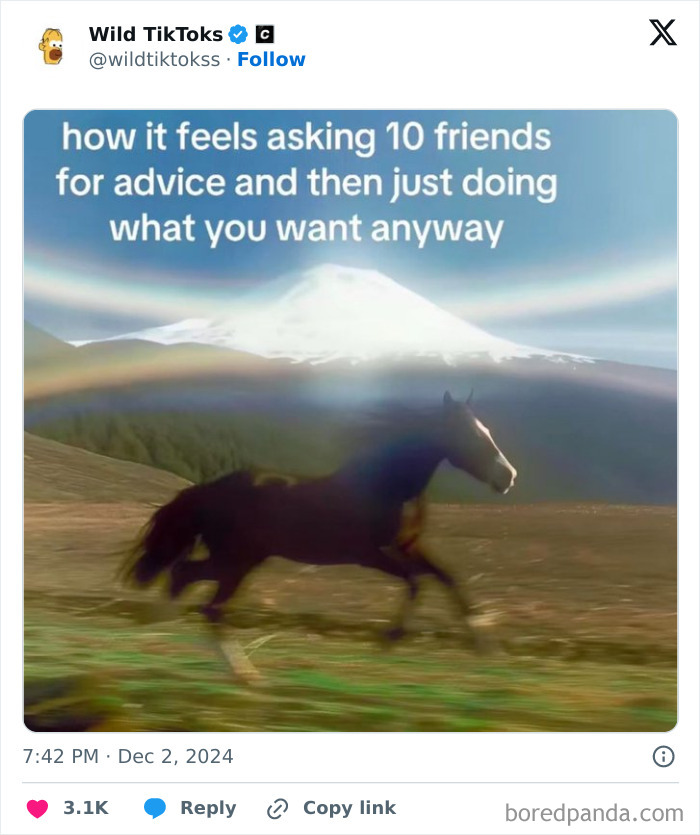



















































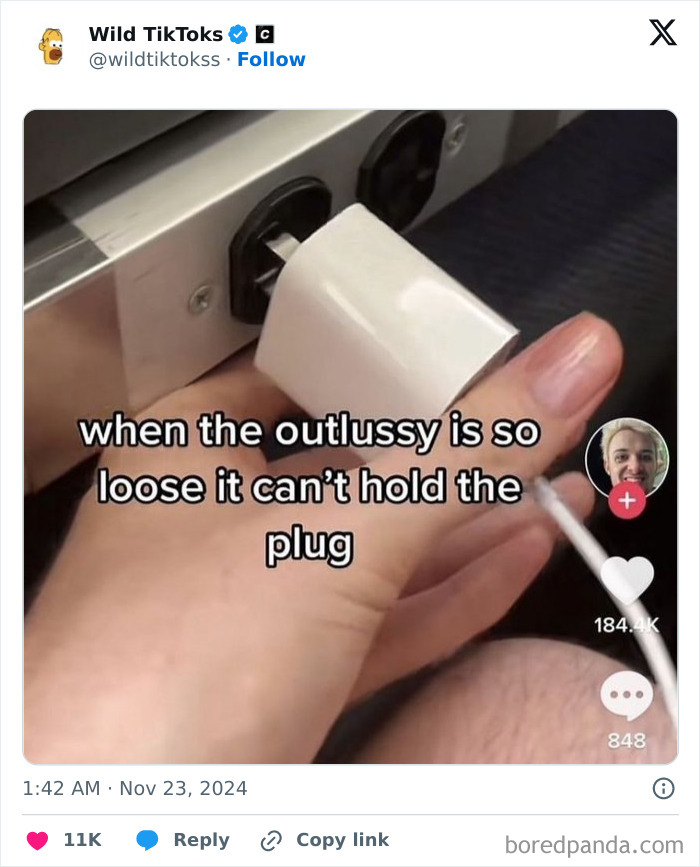





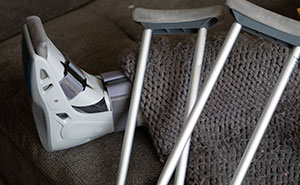







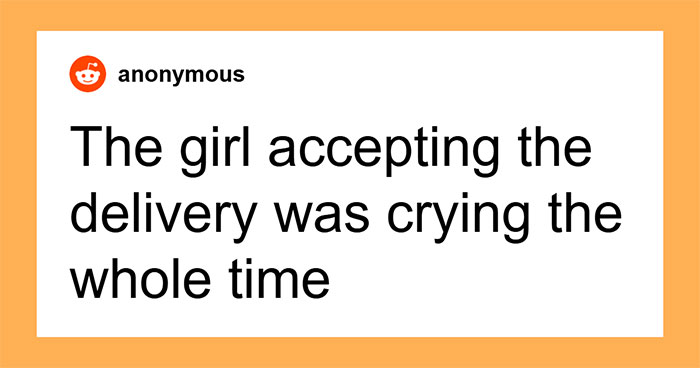
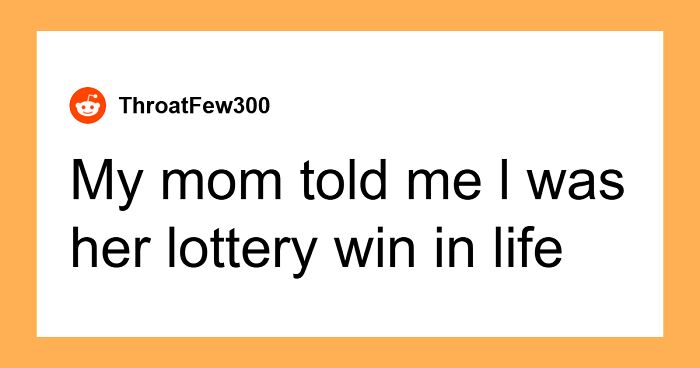
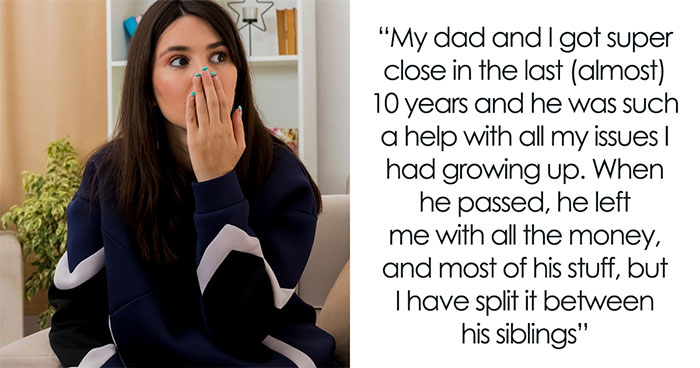
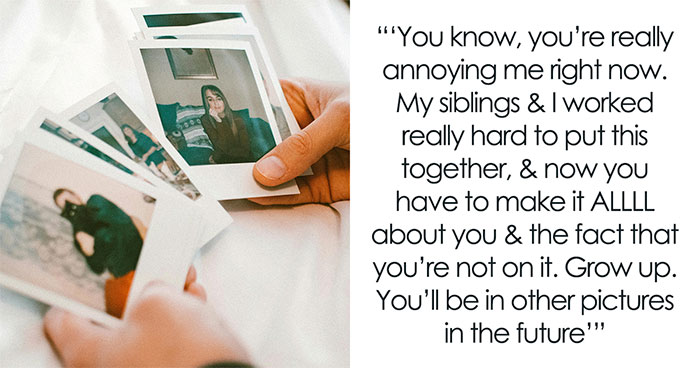
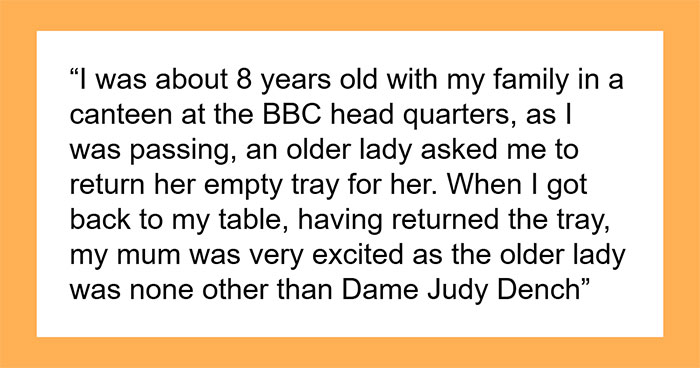
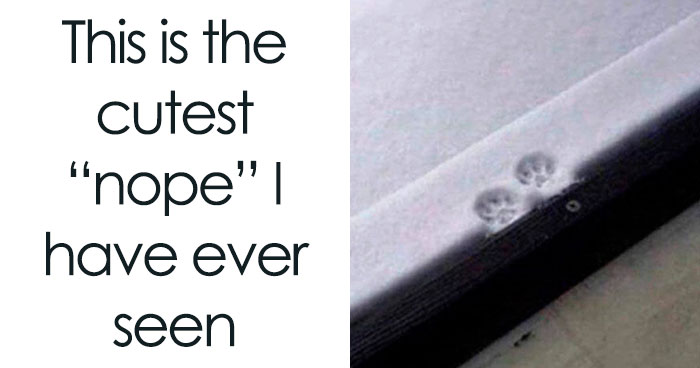
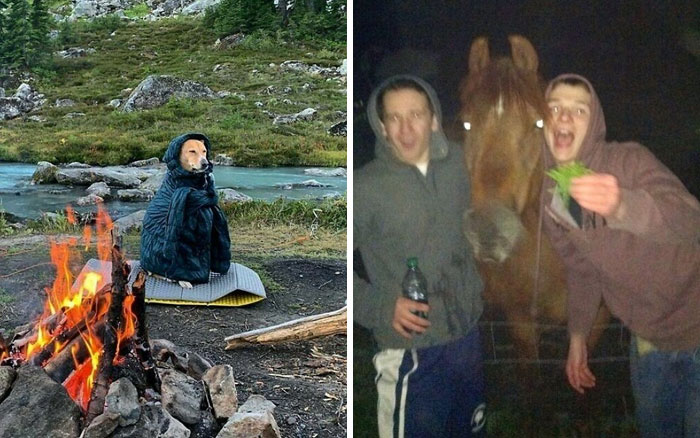
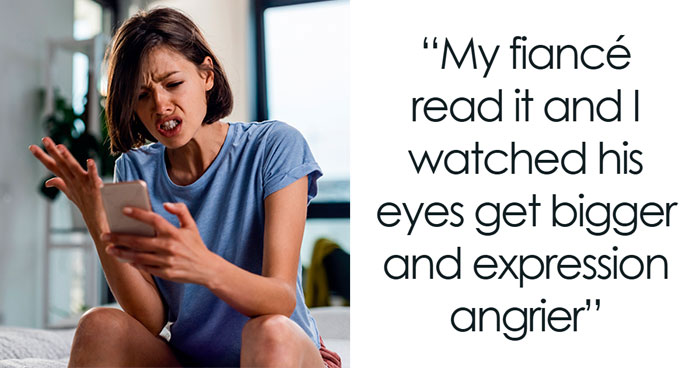
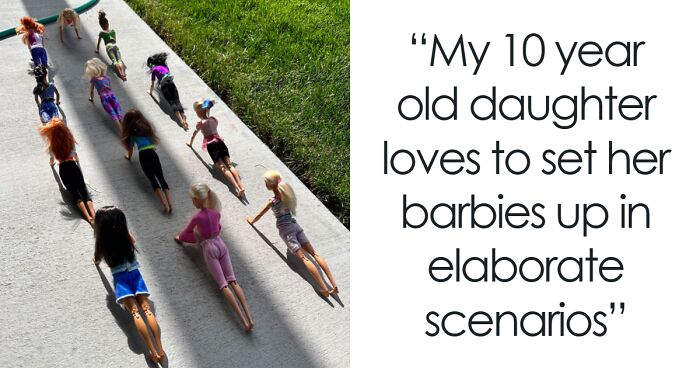
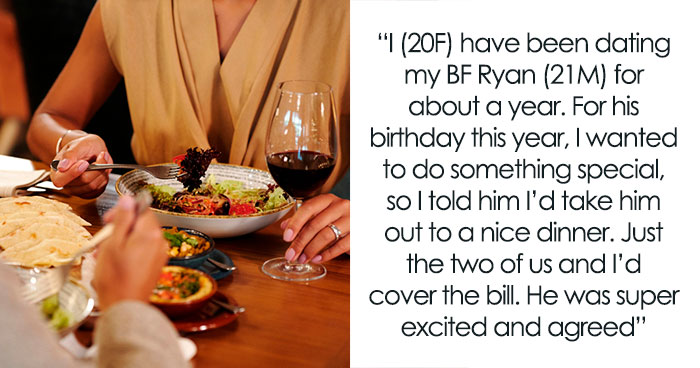




![“AITA For Losing [It] And Screaming At GF To Get Out Of My House After What Her Stepbrother Did?”](https://www.boredpanda.com/blog/wp-content/uploads/2025/01/man-screams-gf-over-creepy-stepbrother-fb18-png__700.jpg)




